Assessment for the Global Skills Economy: A Call to Educators

hundoLAB is the research and development arm of the award-winning workforce skills
development platform hundo. It is a laboratory for innovation and change, committed to
advancing straightforward solutions to the global skills crisis.
Skills are fast becoming the most valuable and transferable asset in the global economy – a kind of currency that transcends borders, industries, and traditional qualifications. Like any currency, the value of skills depends on how well they’re developed, recognised, and exchanged, making education a cornerstone of a healthy skills economy.
The report by hundoLAB Skills: The New Global Currency? explores the challenges and opportunities of this shift, and warns that relying on outdated systems of qualification risks leaving both learners and economies behind.
Globally, employers are beginning to hire based on capability rather than credentials. Educators, particularly those in further and higher education, are uniquely positioned to lead the response. But doing so will require us to look critically at a core pillar of the education system: assessment.
The Global Skills Crisis
hundoLAB’s report draws on the latest data from the World Economic Forum and the International Labour Organization to highlight the urgency of the global skills crisis. By 2030, 170 million new jobs are forecast to be created, 92 million will be displaced, and 1.1 billion jobs will be radically transformed by technology.
Employers across industries are crying out for skills, with 62% citing skills shortages as a major barrier to transformation. Alarmingly, only 38% of employers expect talent availability to improve.
This new landscape demands urgent action from education systems to reassess what we’re teaching, and just as importantly, how we measure learning. Why? Because traditional qualifications are losing their value as indicators of readiness for work.
When Qualifications No Longer Guarantee Employability
The report points to a growing disconnect between what qualifications signal and what employers actually need.
The devaluation of university degrees, once considered the gold standard of qualification, is a compelling example of this disconnect. In 2023, LinkedIn reported a 90% increase in the number of job postings in the UK that did not require a degree.
The CIPD estimates that over a third of UK graduates are overqualified for their roles. When saddled with student debt of £45,600 on average, overqualification can be economically crippling for young people.
Degree inflation tells a clear story: university enrollment in the UK peaked in 2023, just as employers began to indicate that they are no longer satisfied with certificates alone. They are looking for evidence of practical, adaptable, real-world skills, a currency that traditional qualifications often fail to capture.
There will always be a need for credentialisation of skills and knowledge. But credentials that no longer act as differentiators of candidates with the skills required for the workplace lose value in the eyes of employers.
This has huge implications for educators, what and how we teach our learners, and the advice we give them. If the assessment tools we offer them don’t validate the skills employers now value most, like resilience, creativity, collaboration, and problem-solving, we risk preparing them for a labour market that no longer exists.
Redefining Assessment for the Skills Economy
What if we flipped the model? What if assessment wasn’t the final checkpoint of a course, but an ongoing demonstration of applied learning, with the process itself rooted in the realities of modern work?
Much can be learned from vocational education, which trains for the skills and knowledge required by a particular job and includes practical experience. While vocational training is by definition industry specific, the idea of ‘relevance’ should be applied to skills development across the board. This includes the skills relevant to the labour market today, those projected to increase in relevance, and the skills required to stay relevant in a rapidly evolving economy.
Skills: The New Global Currency? advocates for just that. The report highlights the power of project-based learning, real-world simulations, and digital portfolios to bring assessment in line with the skills economy. These formats provide tangible, often collaborative outputs that showcase not only what a learner knows, but what they can do.
Kian Bakhtiari, Founder of The People:
“Back in the day, you had to go to school or uni because all the information was confined to libraries. In today’s world, where information is readily accessible through mobile phones, the role of education is shifting. Learning through practical experience and engagement will increasingly take precedence over traditional educational methods.”
Project-based learning is becoming increasingly essential with the rapid advancement of digital access. Young people now have the world’s information at their fingertips, and can upskill themselves effectively with online resources. Classrooms should be the place where young people come to learn how to apply these skills, learn how to work alongside others, and witness how different skills and roles come together to produce tangible outcomes.
Education and assessment can make use of the same tools and software currently in use in the workplace, to equip students with relevant, hands-on experience before they enter the job market.
James Fraser-Murison, Director of Fraser Esports, calls for educators to diversify evidence of learning and achievement to reflect workplace practices.
James Fraser-Murison, Director of Fraser Esports:
“I’ve implemented systems where students can present their evidence in a way that suits them, almost akin to a portfolio. Whether they choose to showcase their work through Twitch, YouTube, or any other format, that’s up to them. Students can create high-quality content with basic equipment like smartphones, and this approach teaches them to be innovative, resourceful and creative when applying their knowledge.”
The Role of Educators: Champions of Relevance
Educators are no strangers to innovation. Many are already adapting courses to reflect emerging industries and technological change. But assessment reform is the next frontier. If we are to prepare learners for jobs that don’t yet exist, we must also be prepared to assess skills that haven’t traditionally appeared on a syllabus.
This doesn’t mean abandoning rigour. On the contrary, it means redefining it. A rigorous assessment in today’s economy is about the ability to apply knowledge in unfamiliar contexts, solve real-world problems, work collaboratively, and learn continuously.
It also means engaging more deeply with employers to understand what skills they value and co-designing assessment methods that reflect them. hundoLAB’s report calls on employers to step up and engage more closely with education. After all, young people in education today are their future employees.
Time to Lead, Not Follow
The global skills crisis is not a looming threat – it is a present reality. Employers are already shifting how they hire, and youth unemployment remains stubbornly high. Education professionals hold a unique role in the solution, not by waiting for employers to define workplace readiness, but by embedding it into the heart of our curricula and assessment.
The report Skills: The New Global Currency? makes one thing clear: education cannot afford to lag behind. If skills are now the most valuable global currency, then it’s time we gave our learners the tools to earn, grow, and trade that currency confidently, starting with how we assess it.
By Amelia Loveday, Programme Director, hundoLAB


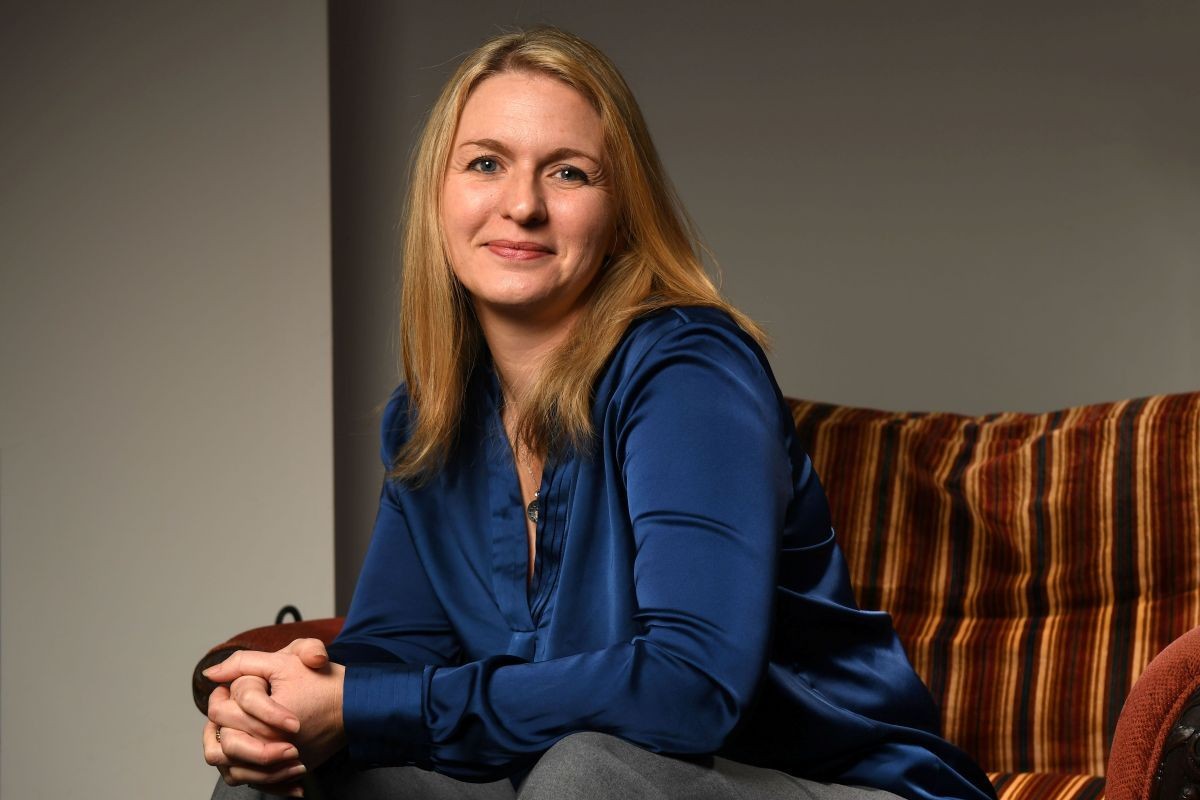
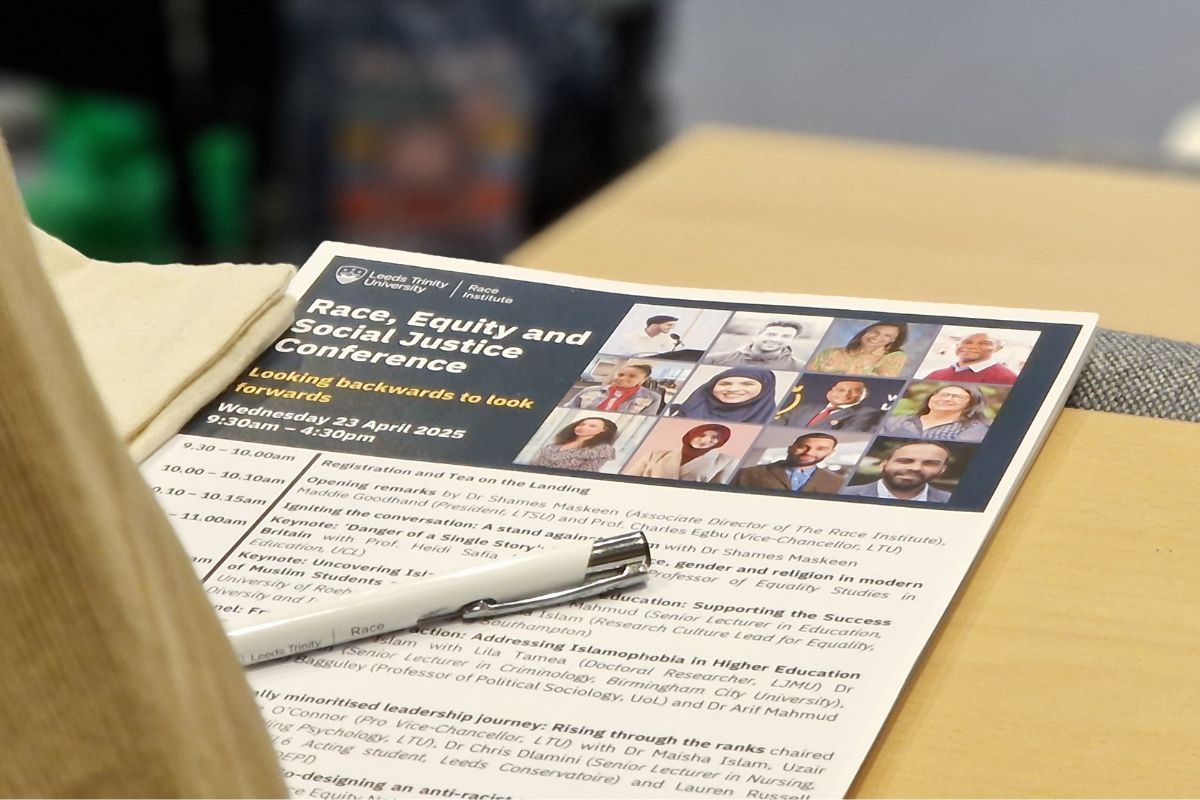

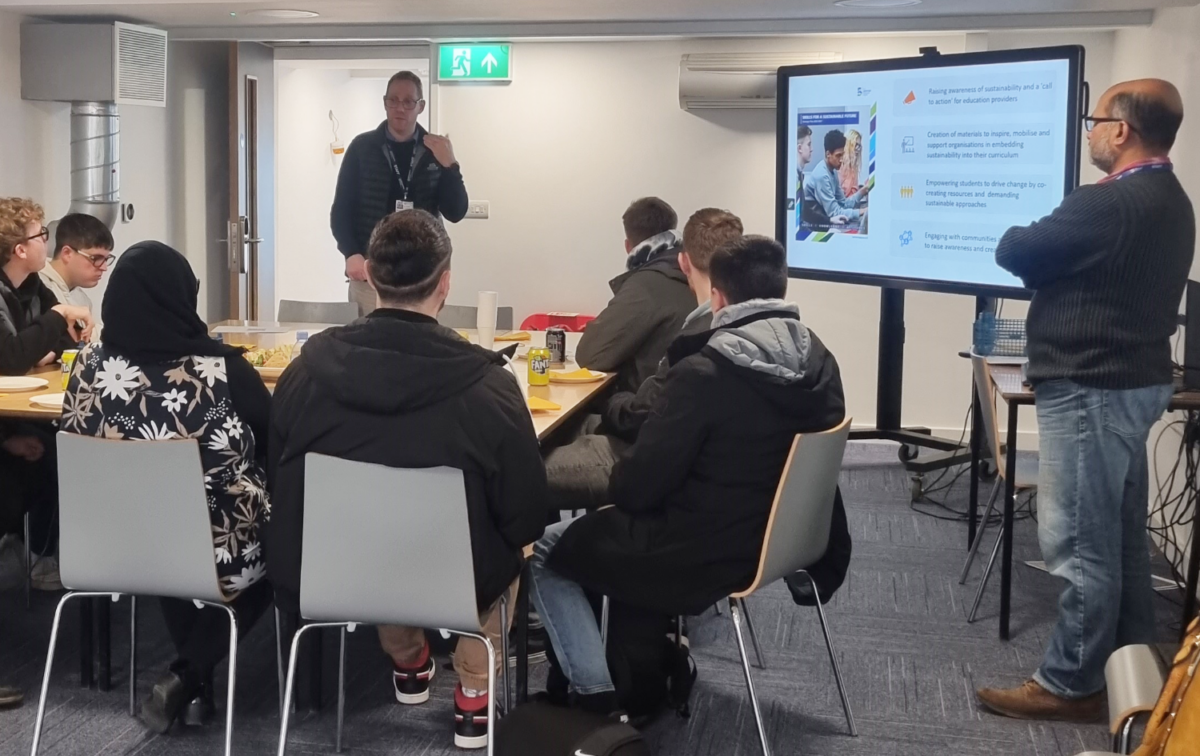


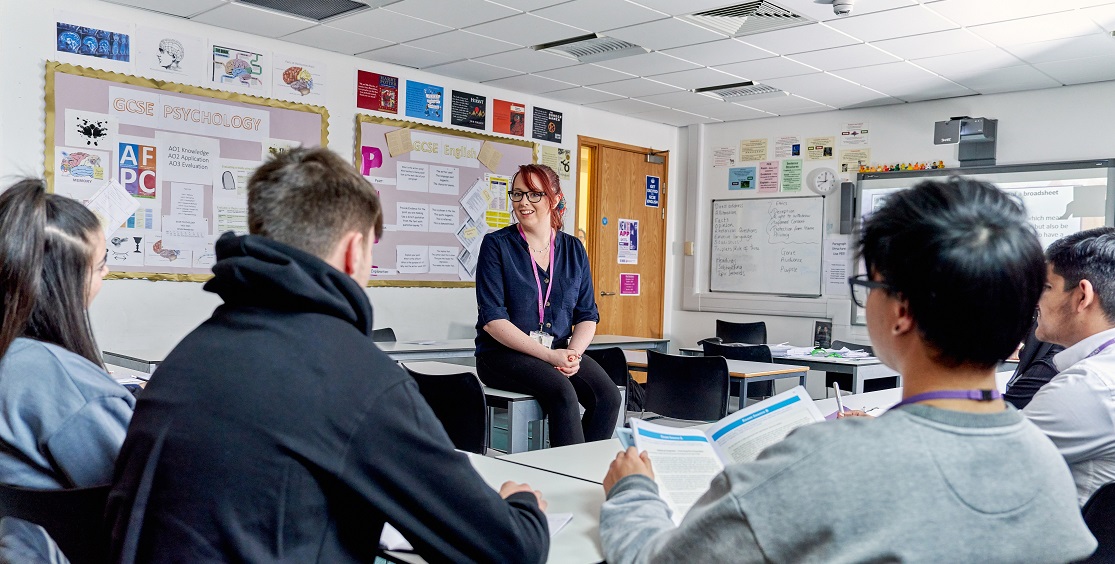

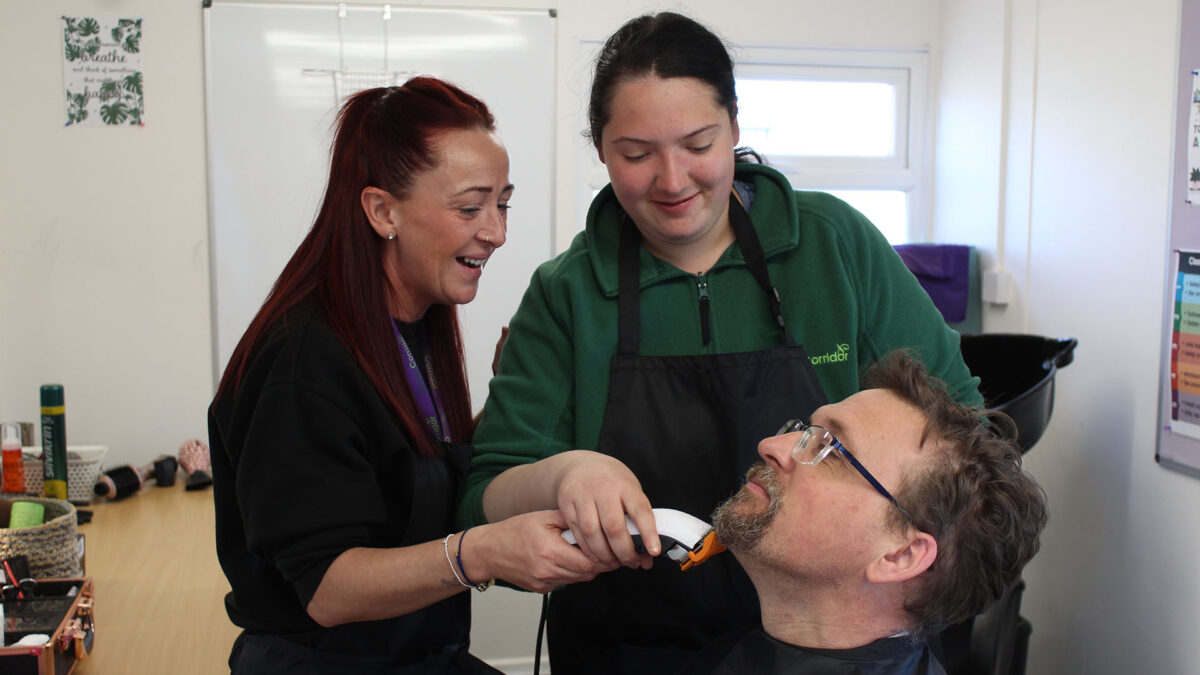
Responses